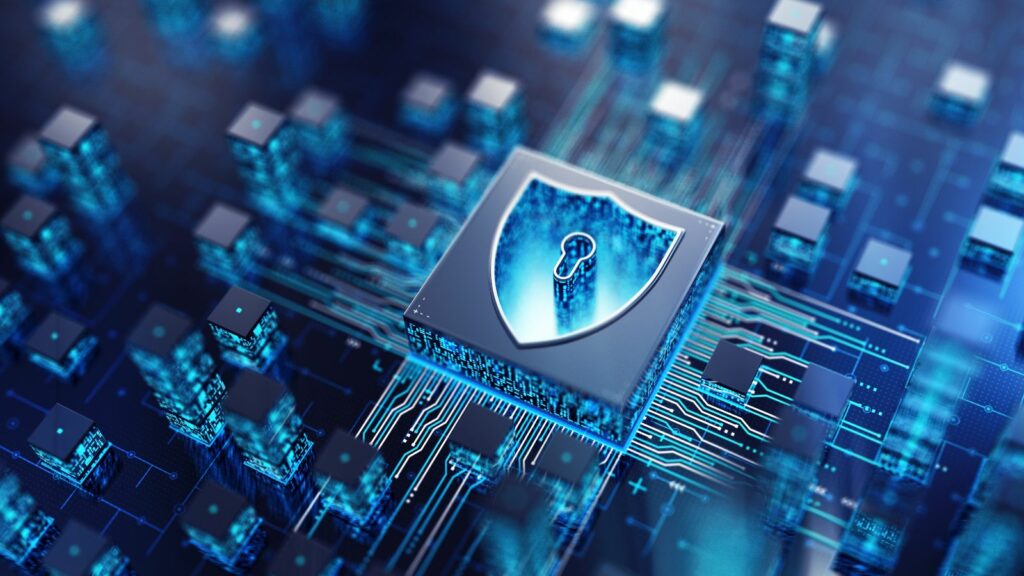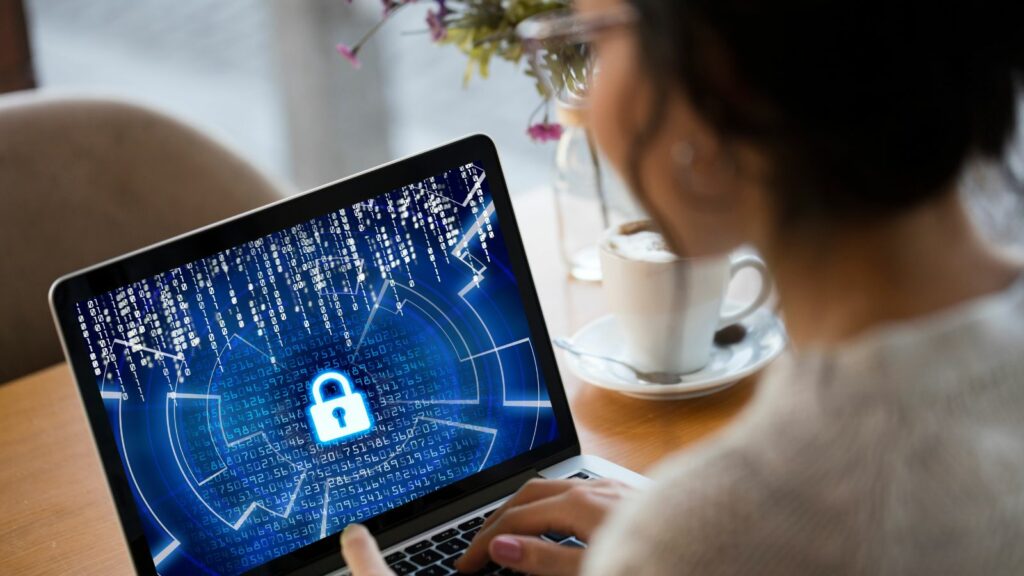With the development of technology and the internet, cyber threats are becoming increasingly complex and dangerous. Indonesia, as one of the largest countries in Southeast Asia, is actively developing its digital infrastructure. However, along with this growth, the nation is facing new challenges in the field of cybersecurity. The COVID-19 pandemic accelerated digitalization, making the online environment an integral part of the daily lives of millions of Indonesians. However, with this growth, cyberattacks have also risen, demanding greater attention to the protection of personal data and online activities. For example, online platforms like Parimatch have placed special emphasis on security, offering reliable data and financial protection for their users.
Why is Cybersecurity Important for Indonesia?
Indonesia is a country with more than 270 million people, most of whom actively use the internet for work, study, shopping, and communication. According to the We Are Social 2023 report, over 200 million Indonesians access the internet daily, making the country one of the largest internet users in the region. However, as digital technology increases, new threats also emerge:
- Phishing and social engineering — Cybercriminals use emails, social media, and instant messaging to deceive users into revealing personal data or money.
- Mobile threats — Mobile devices are increasingly vulnerable to viruses, trojans, and spyware.
- Attacks on infrastructure — Critical infrastructure, including banks and government institutions, is at risk of being targeted by hackers.
Many users in Indonesia remain unaware of cybersecurity threats, making them easy targets for criminals. This issue is further compounded by the rapid growth of social media and mobile apps, which, despite offering convenience, also create security gaps.
Main Cybersecurity Threats
- Credit card fraud and bank attacks — Indonesians are active in online banking and mobile payments, making them vulnerable to scammers who steal credit card data. Cybercriminals often use phishing to obtain such data, tricking users into visiting fake websites.
- Social media and phishing — Many Indonesians are active on platforms like Facebook, Instagram, and Twitter. Scammers may impersonate known individuals or create fake business pages to trick users into giving away money or personal data.
- Attacks on small and medium-sized businesses — Small and medium-sized enterprises (SMEs) in Indonesia often do not pay enough attention to cybersecurity, making them ideal targets for hackers. These attacks can lead to customer data leaks and financial losses.
- Outdated devices and software — Recent research shows that many users in Indonesia fail to update their devices and software, making them vulnerable to viruses and malicious software.

How to Protect Yourself in the Digital World?
Personal data protection on the internet has become an essential part of daily life for every Indonesian. Here are some cybersecurity recommendations to help minimize risks:
- Use strong passwords
Never use the same password or combination for multiple services. Use long passwords that include letters, numbers, and symbols. It’s advisable to use a password manager to generate and store complex passwords.
- Enable two-factor authentication (2FA)
Enabling two-factor authentication on all platforms (such as email, banking apps, and social media) adds an extra layer of protection. This will make it much harder for hackers, even if they steal your password.
- Be cautious of phishing
Do not click on suspicious links in emails or messages, even if they appear to come from your friends. Phishing is one of the most common types of fraud, where criminals try to get your personal information.
- Beware of public Wi-Fi networks
Using public Wi-Fi can compromise your information. Use a Virtual Private Network (VPN) to protect your data when connecting to such networks.
- Update software regularly
Ensure that all your devices, including phones and computers, receive regular security updates. Updates often contain patches that fix vulnerabilities that can be exploited by hackers.
- Use antivirus software
Keeping your antivirus software up to date on your devices is a simple and effective way to protect against malicious software and viruses. Install trusted antivirus software and perform regular scans.
- Education and awareness
Cybersecurity is not just a technological issue, but a cultural one. Raise awareness about cyber threats and teach your family how to behave safely online. Special attention should be given to children and the elderly, who may be more vulnerable.
The Role of Government and Businesses in Ensuring Security
In Indonesia, awareness of the importance of cybersecurity is growing. The government has taken steps to enhance protection for its citizens and businesses. In 2018, the National Cybersecurity Agency (BSSN) was established to protect critical infrastructure and develop a national security strategy.
Additionally, more companies in Indonesia are starting to invest in cybersecurity. The private sector, including banks and online platforms, is actively implementing technology to protect customer data. In the face of evolving digital threats, these companies are setting examples of how businesses can play an active role in combating cyber threats by ensuring the security of their customers.
Conclusion
As digital threats grow, cybersecurity has become an integral part of daily life for every Indonesian citizen. Protecting personal data and online activities requires a conscious approach and the use of the latest security technologies. Users, governments, and business organizations must work together to minimize risks and create a safer digital space for everyone.
